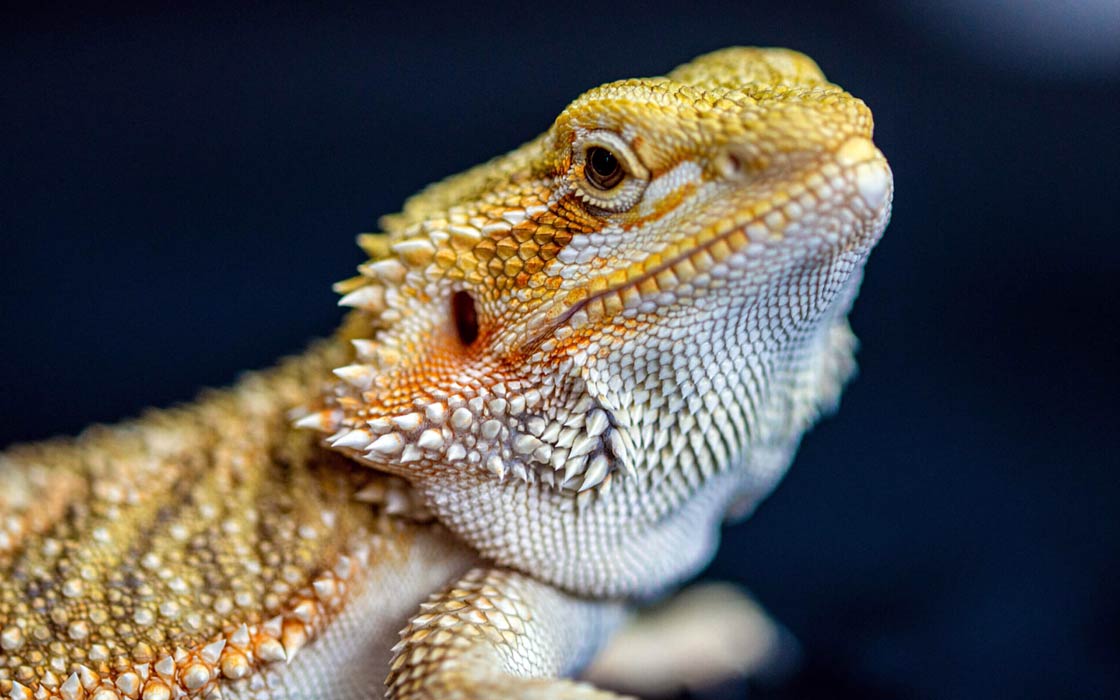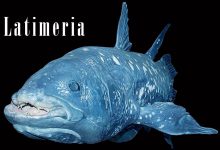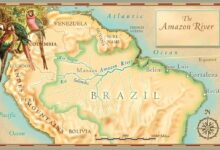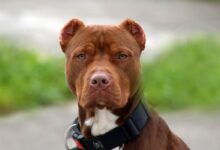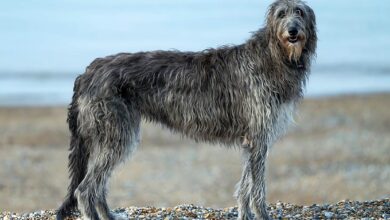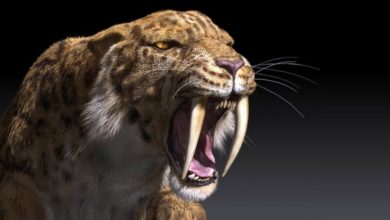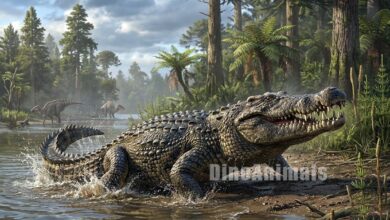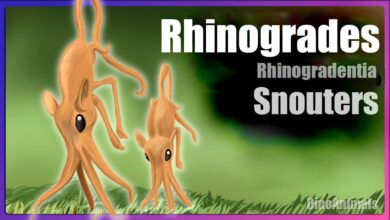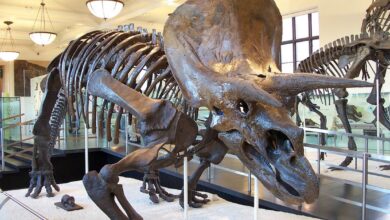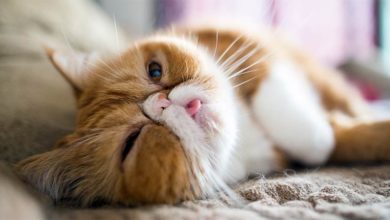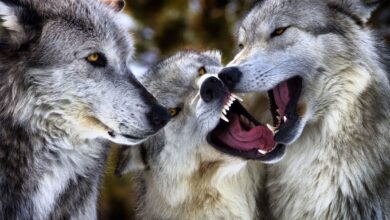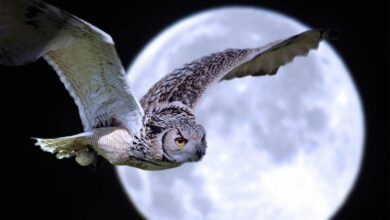Feeding Your Bearded Dragon
Foods You Should Limit or Avoid
Bearded dragons are friendly, curious, and easy to care for pets. One of the most enjoyable parts of owning a bearded dragon is watching them eat, but this is also where most owners make critical mistakes. Feeding the wrong foods can quickly harm your bearded dragon by causing serious health issues, such as:
- Digestive blockages
- Nutritional imbalances
- Toxic reactions
As a new owner, it is easy to assume that what is healthy for humans or other pets is also safe for bearded dragons. But this is not true. Here is a food list to limit or avoid for bearded dragons. Consider safe alternatives like Blaptica Dubia roaches to ensure your pet stays healthy and lives longer.
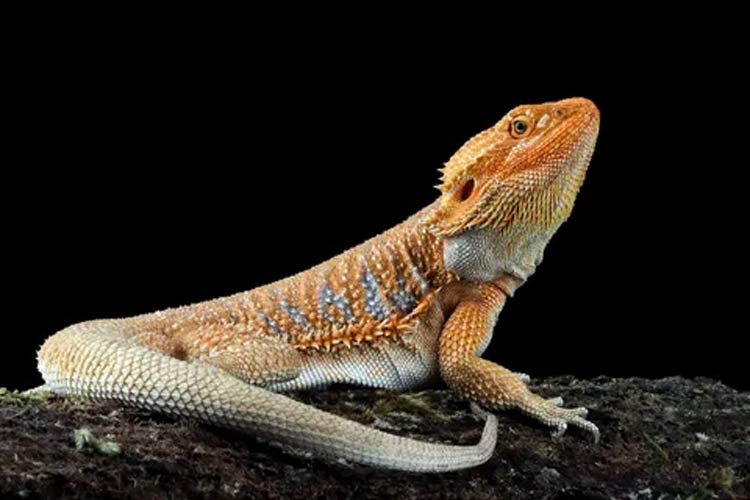
1. Fireflies
Fireflies contain toxic substances, such as lucibufagins, that can harm animals if ingested.
These toxins can result in serious health issues, including vomiting, diarrhea, seizures, and even death in extreme cases. If your pet accidentally eats a firefly, then you can consider giving a mixture of fresh parsley, cilantro juice, and activated charcoal. In emergencies, it is better to take your pet to the vet immediately.
2. Citrus Fruits
Citrus fruits are recommended for bearded dragons due to their high levels of sugar, citric acid, and oxalic acid. Excessive consumption of these fruits can cause various health issues, such as obesity, loose stools, metabolic bone disease (MBD), and gastrointestinal upset.
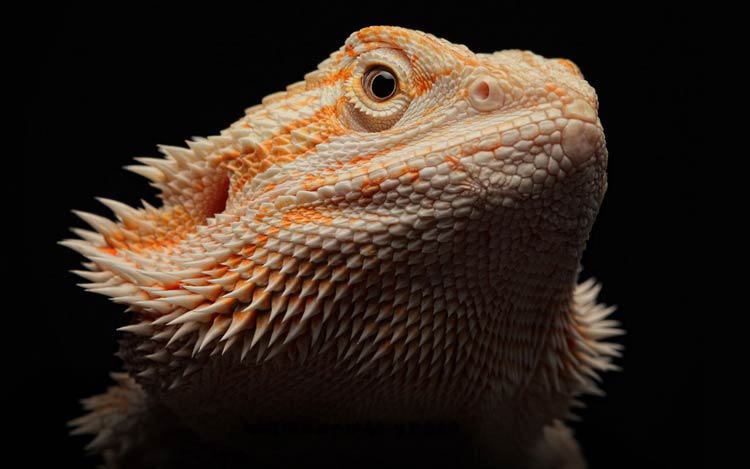
3. Spinach and Kale
Spinach and kale contain oxalates, which can interfere with calcium absorption in excess amounts. Oxalates, which usually bind with calcium, prevent it from being absorbed into the bloodstream. The calcium deficiency over time results in a condition known as metabolic bone disease, which is characterized by:
- Painful, deformed limbs
- Lethargy
- Paralysis (in severe cases)
While the greens with oxalate amounts can be included in your pet’s diet, but in very small amounts, not daily.
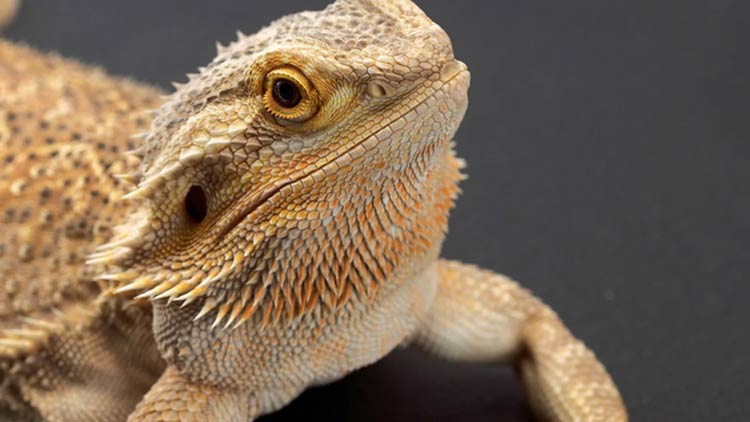
4. Wild Plants
Many wild plants are toxic to reptiles, especially bearded dragons. Even small amounts can lead to:
- Digestive problems
- Neurological issues
- Organ damage
Unless the plant is properly checked and identified, it is risky to let your pet eat it.
What You Should Do
- Stop letting your pet eat until it’s confirmed safe.
- Try to ID the plant using an app and cross-reference with the list of known safe and unsafe plants.
- Once identified, consult with a vet.
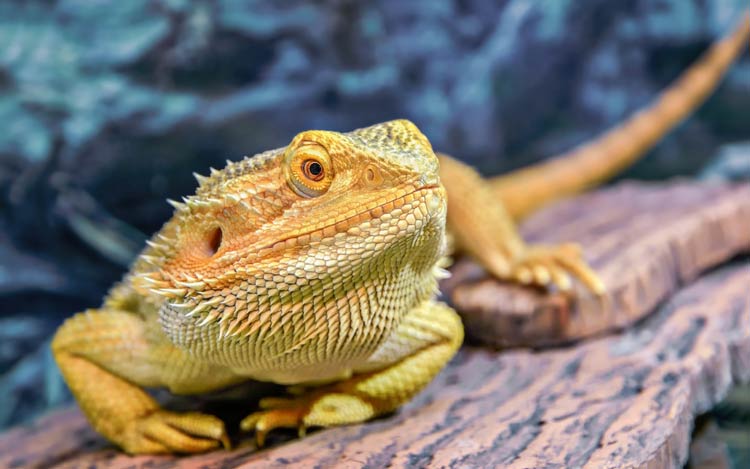
6. Dairy Products
Bearded dragons are lactose intolerant, which means their body cannot digest dairy. Diary products should be avoided, such as:
- Milk
- Cheese
- Yogurt
- Butter
- Ice cream
Anything made with dairy ingredients does not produce lactase, the enzyme needed to break down lactose (milk sugar). Without it, dairy causes:
- Diarrhea
- Bloating
- Stomach cramps
- Dehydration
While milk is high in calcium, it is unsuitable for bearded dragons. So, consider reptile-safe sources for beardies such as:
- Calcium powder with D3
- Insects like crickets and dubia roaches
- Leafy greens (collards, dandelion)
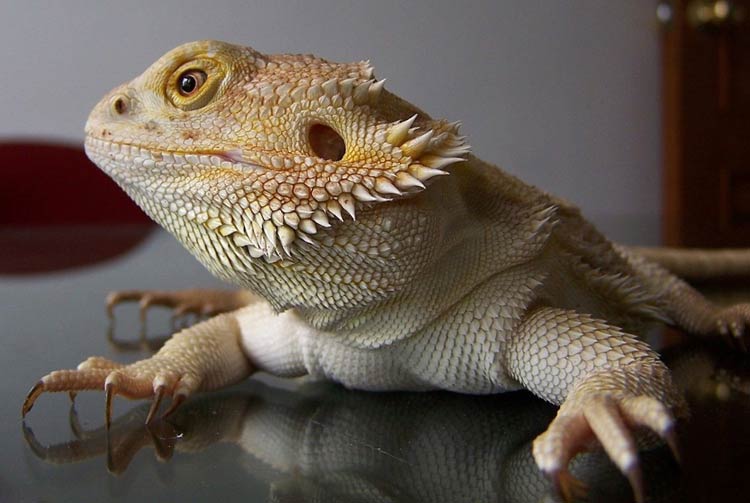
7. Avocado
Avocado can be healthy for humans, but for bearded dragons, it is not. This fruit contains persin, a fungicidal toxin which may cause:
- Vomiting
- Respiratory failure
- Organ damage
- Death (in severe cases or large amounts)
Avocado also has one of the highest oxalate levels of any fruit, which can be detrimental to the health of bearded dragons, who need a high-calcium, low-oxalate diet.
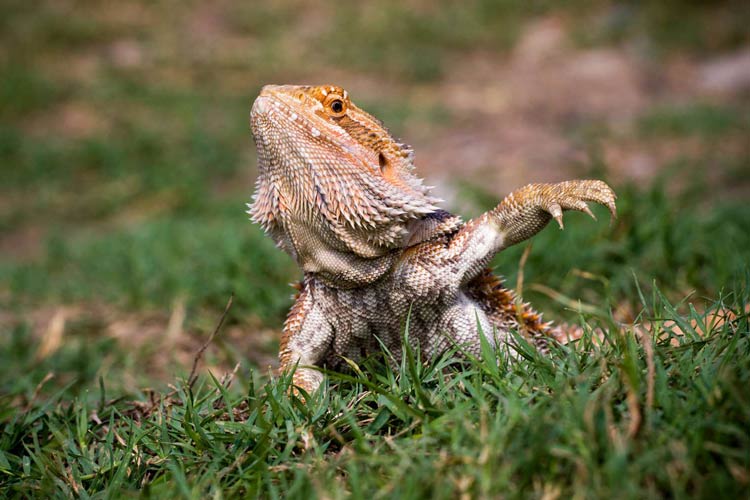
The Bottom Line
Caring for a bearded dragon means understanding their unique dietary needs. As a first-time owner, knowing about the foods not to give to your bearded dragon is necessary. Always research before you give anything to your pet, and stick to a balanced, reptile-safe diet. Remember that what is healthy for humans isn’t always safe for reptiles. Also, when you are in doubt, consult a vet for guidance before you feed anything to your pet.

